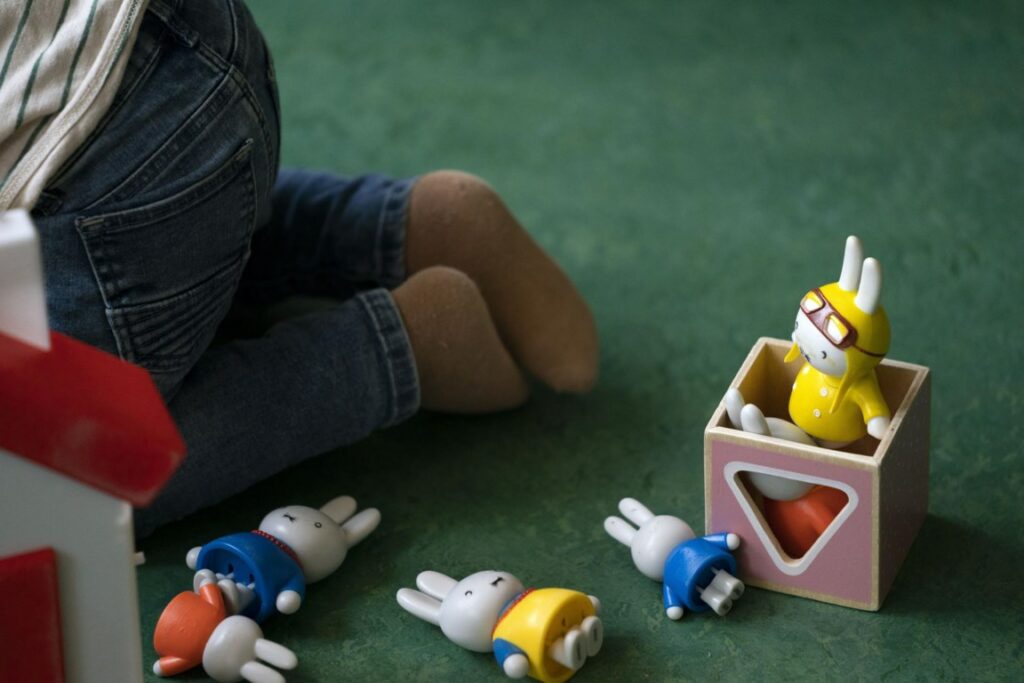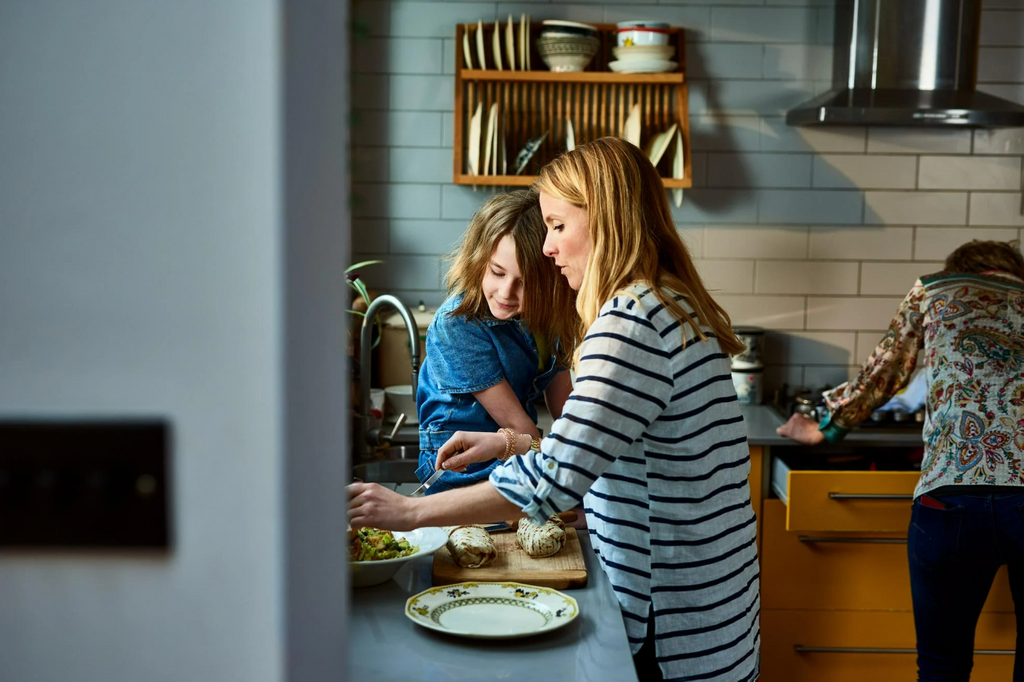Controversial statements made by Federal Justice Minister Vincent Van Quickenborne about how housewives should start working instead of staying at home and "freeloading" have sparked outrage as critics have called them "ironic" and "disrespectful."
Van Quickenborne's statements about "activating housewives" were published in Humo magazine last week, but it was only when De Morgen repackaged the interview and promoted it with a new headline earlier this week that it drew criticism on social media.
"The attack on housewives is rather ironic," Zelfa Madhloum, a businesswoman and former spokesperson for Open VLD, said in an opinion piece in De Standaard. "If anything, politicians should be grateful to them because they fill in some of the core tasks that the Flemish government cheerfully neglects."
Van Quickenborne said that women were "welcome to stay at home and take care of their children, but not at society's expense." Currently, an unemployed person receives higher benefits if they have a partner who is also at home, Van Quickenborne said. His statements caused quite a stir, partly because he explicitly said that "most stay-at-home mothers are of immigrant origin."
Targeting vulnerable women
Madhloum's mother "sacrificed her professional life" to take care of her five children: "one who now has a PhD in biomedical sciences, one quality engineer, two IT professionals and one entrepreneur," she said. "When politicians look down on homemakers from their ivory towers, I think back to the immensely important role my mother played in my life."
In a video posted on Instagram, co-chair of the Flemish greens (Groen), Nadia Naji, also stressed that parents should have the choice to stay at home. "Surely a liberal party should advocate free choice."
She stressed that "men like Van Quickenborne and Conner Rousseau [the leader of the Flemish socialist Vooruit party, who previously made similar statements] target women in vulnerable positions and put them down as freeloaders."

Credit: Belga
"Even in 2023, childcare is still mainly in the hands of women, whether they work or not," Naji pointed out. She added that the fact that many parents – mostly women – have to stay at home because the childcare sector is in crisis only makes Rousseau and Van Quickenborne's statements worse. "Many women combine two jobs and you can see that in the burnout figures. More and more women are on long-term sick leave."
At the same time, more women are working in healthcare and education – sectors where the workload has increased significantly in recent years. "They have to combine that workload with care responsibilities at home. So if Rousseau and Van Quickenborne really want to activate women, they better make sure their working conditions improve instead of stigmatising housewives. Work that is paid fairly is what we need."
Naji underlined that Open VLD (Van Quickenborne's party) is part of the Flemish government and is therefore in the position to solve the crisis in childcare, before targeting women who choose to look after their children. "Investing in children is investing in the future."
Tweet translation: "No one has ever been able to explain why doing someone else's household or taking care of someone else's child can be called 'work' and your own household and your own child cannot. This is ideology. That is allowed, but call it what it is."
For Bieke Purnelle, director of the Knowledge Centre for Gender, Feminism and Equal Opportunities (RoSa), this discourse shows "how little respect" there is for reproductive labour (the unpaid labour that makes paid work possible, such as having and caring for children and other tasks described as typically domestic).
"Caring is undervalued in our society. Both professionally – people in the healthcare sector are underpaid – and privately," she said. "To these politicians, what housewives do seems to have no value. That is not right. These women make it possible for others to do paid work. So housewives certainly contribute. Not only to society, but also to the economy."
Flemish Work Minister Jo Brouns also stressed in De Standaard that homemakers – "both men and women" – take on an important task within this society and the majority of them (92.5%) do not receive any form of replacement income for it.
Related News
- Belgium pushes for greater employment rate, targets stay-at-home parents
- 'Cheaper and more flexible child care would allow more parents to work'
- Brussels protest demands urgent reform in child care sector
According to figures by the International Labour Organisation, unpaid care work accounts for 10% to 39% of a country's GDP. An Oxfam report also shows that should women worldwide be paid for that work, they would rake in $10.9 trillion annually – more than the turnover of the world's 50 largest companies combined.
In an opinion piece published in De Morgen, Anouck Meier (who has two children and is researching women and how they spend their time) stated that "unpaid work is also work, even if Van Quickenborne does not think so."
"It is precisely because women still take on the lion's share of care work – whether they combine it with a paid job or not – that society can run at all," she said. "Supporting families (both women and men) to raise young children is a collective responsibility that is definitely cost-beneficial in the long run – far beyond the elections on the horizon."

